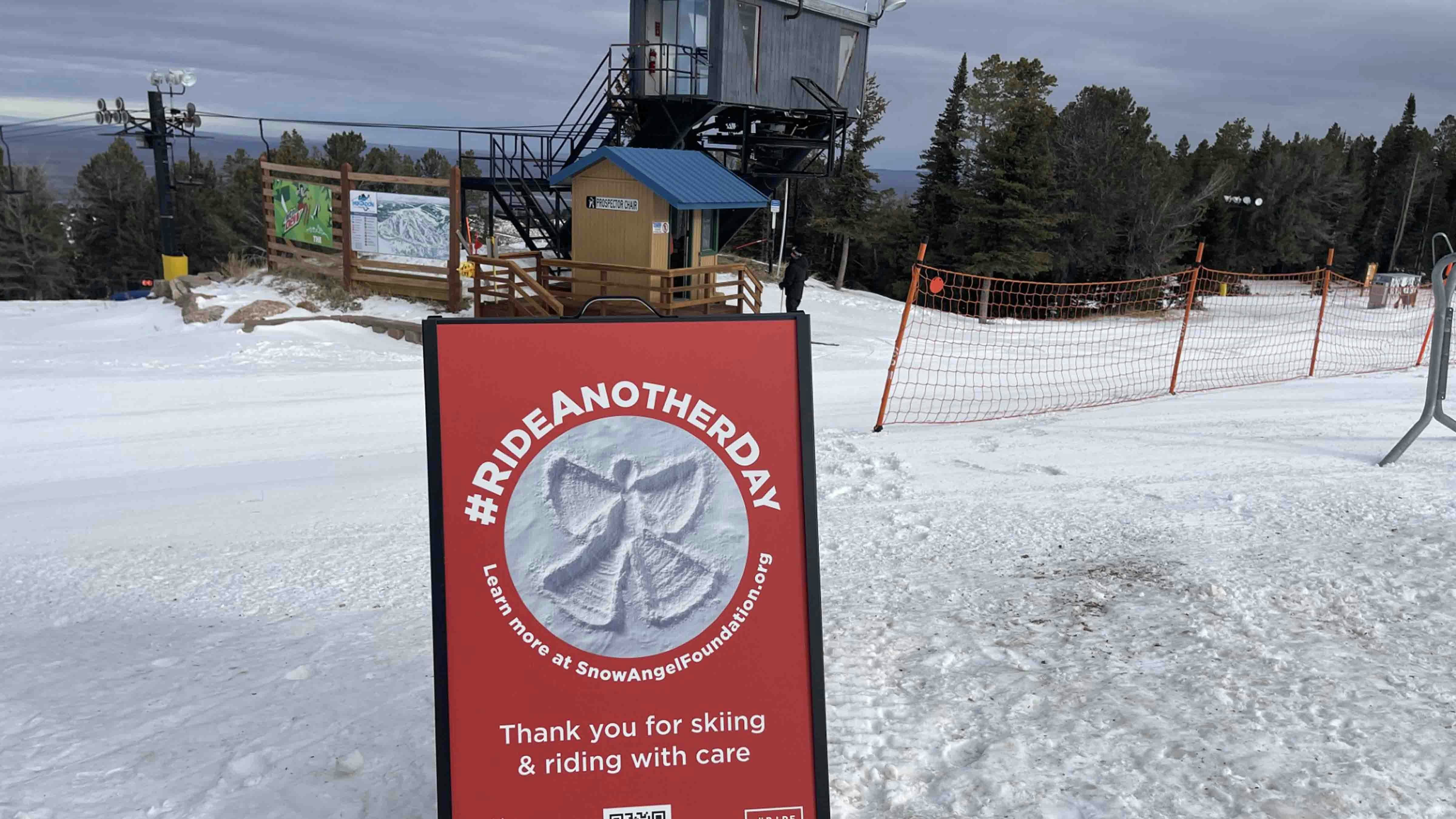An agonizing wait for closure for a Colorado man’s loved ones finally ended when a Wyoming search and rescue team recovered his body from an extreme remote location that Colorado teams couldn’t reach.
The 31-year-old Boulder County man fell to his death Aug. 28 in the Indian Peaks Wilderness west of Boulder, and his body had remained there after unsuccessful attempts to reach it.
Vincent Pane’s body was finally recovered Thursday by Teton County Search and Rescue (TCSAR) and two Jenny Lake Climbing Rangers from Grand Teton National Park.
The rangers were suspended from a 250-foot static line underneath a TSCAR chopper, which is specially designed for flying at high altitudes and close to mountain peaks and cliffs.
“We had the right equipment and personnel,” TSCAR Chief Advisor Cody Lockhart told Cowboy State Daily on Tuesday.
A Seemingly Impossible Location
Pane fell 300 to 400 feet during a hike on Arikaree Peak, which soars to 13,164 feet in elevation and straddles the Continental Divide and the county line between Boulder and Grand counties.
His remains were hung up on a cliff face in extremely “technical terrain” Lockhart said.
“It was unsolvable from a ground-based approach to have people either climb up or rappel down to the remains,” he said.
Colorado Search and Rescue teams made two attempts to reach the man’s body before deciding it was just too dangerous.
Colorado Calls For Help
The helicopters they tried using, a civilian medical helicopter and a military chopper, didn’t work either, Lockhart said.
“Those helicopters weren’t suited to the altitude, the winds and the closeness that the helicopter had to be relative to the terrain,” he said.
They were also trying to use winch lines, which extend and retract from the helicopters, which also weren’t suitable for the situation.
Frustrated Colorado officials started reaching out to other teams around the region, and TSCAR answered the call.
“They weren’t having any luck getting him out, and they wanted to recover his remains and provide closure for the family,” Lockhart said.
Specialized Chopper
TSCAR flies missions in the incredibly rugged Teton mountains, so its chopper is suited to the conditions and terrain that were keeping Colorado crews from completing the solemn task of returning the man’s remains to his family.
Instead of a winch line, a static line suspended from the bottom of the chopper would provide the needed stability during the dicey maneuvering so close to the rock face.
The climbing rangers were hooked to the line and lowered to where Pane’s remains were, Lockhart said.
It took skill and steely nerves.
“They were on the cliff face, getting the guy’s remains out of the situation that they were in,” he said.
The combination of the specialized chopper and static line “was the right tool for the job,” Lockhart said.
Though it was a sad mission, it also brought the team a sense of satisfaction, Lockhart said. “You’ve got to get everybody home, one way or the other.”
Mark Heinz can be reached at mark@cowboystatedaily.com.








